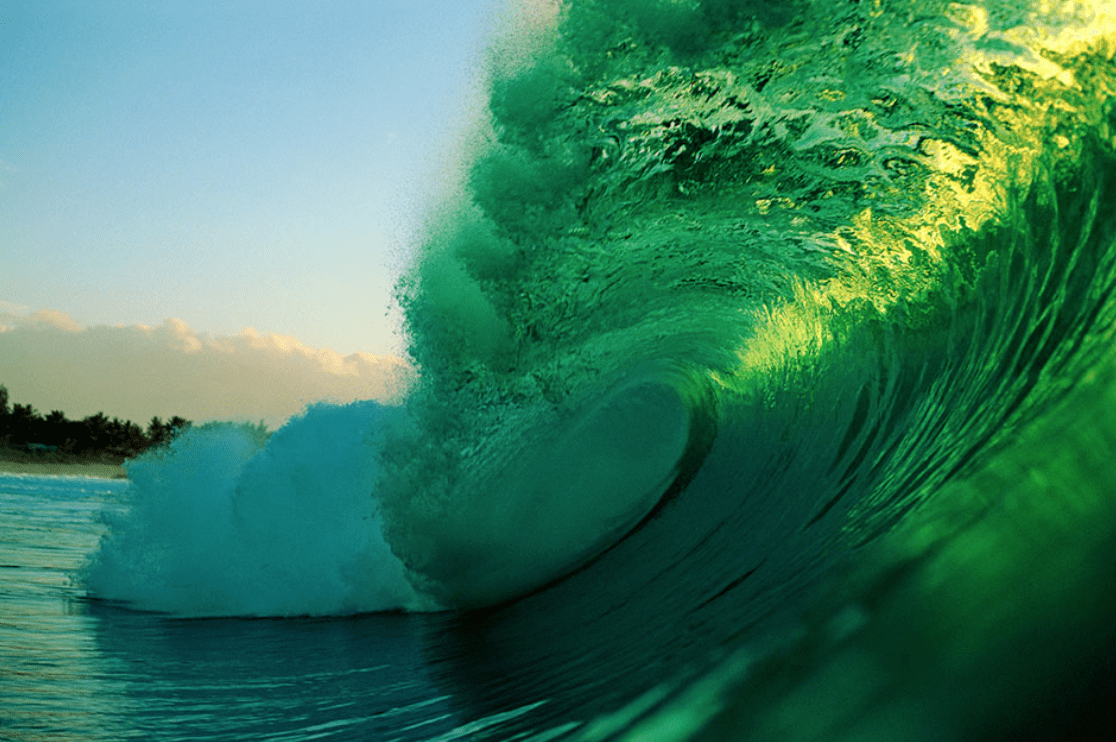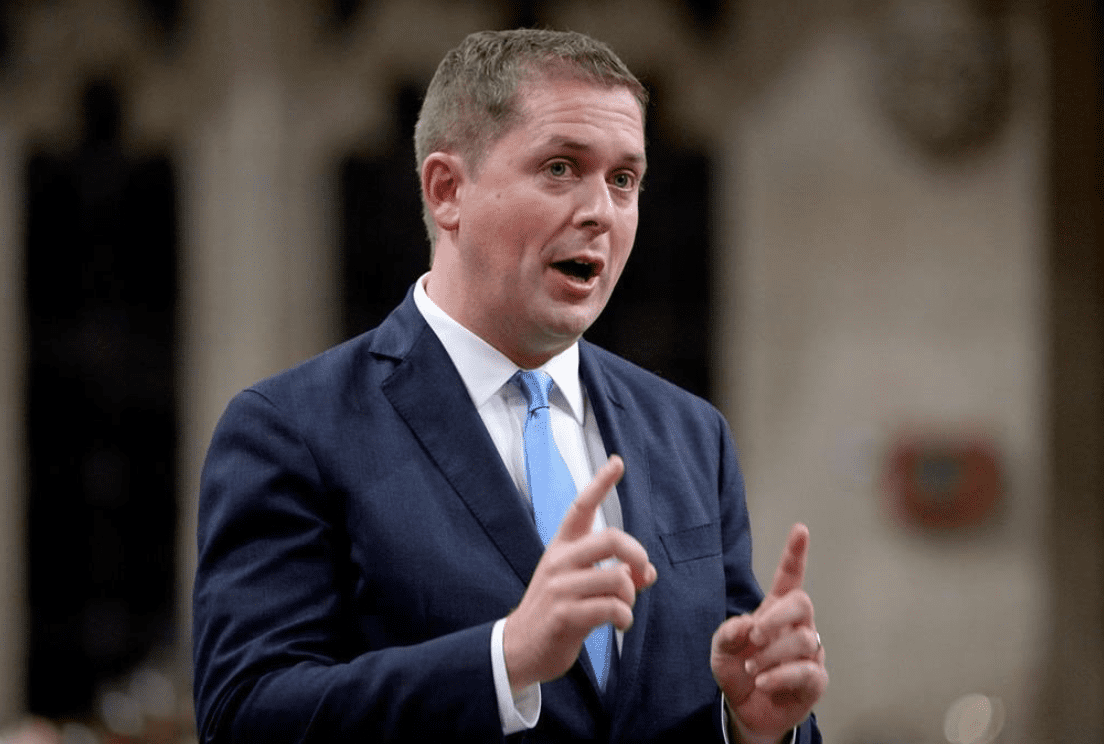The Green Party of Canada has momentum like never before.
The Green caucus of one has doubled with the by-election victory of Paul Manly in Nanaimo-Ladysmith. And they are nipping at the heels of the NDP in all the latest polls. Provincial success in B.C., Ontario, New Brunswick, and Prince Edward Island has only boosted the party and its profile. So too has the escalating urgency of climate change in the mindset of voters.
And now, the Greens have recruited ex-Liberal political strategist Warren Kinsella, the famed "Prince of Darkness" himself, to help them with their campaign.
If the Liberals and the NDP are not wary of the ascent of the Greens, they should be. For the Greens pose a significant threat to the electoral fortunes of both its more established, progressive rivals. For while it remains highly unlikely the Greens will form government, let alone the Official Opposition, they are in a position to significantly increase their seat count.
As such, the Liberals and the NDP have some soul-searching to do. For it is the inherent disappointment in both these parties which have helped fuel the Greens.
For the Liberals, condemnation from the left is nothing new, even with their impressive list of progressive achievements.
After all, a gender-balanced cabinet was implemented. Tens of thousands of Syrian refugees were brought in. Cannabis was legalized, as was medically assisted suicide. And 278,000 children were helped out of poverty through a revised Canada Child Benefit.
Still, on a number of policy fronts, the Liberals have been (justifiably) lambasted for their failure to deliver on a number of election promises.
Foreign aid remains vastly underfunded. So too does government spending on indigenous reconciliation. Decades of corporate tax cuts, undertaken by previous Liberal and Conservative governments alike, all remain in place after four years of the Trudeau Liberals. And of course, the promise of electoral reform was crassly broken.
Furthermore, while the Liberals have admirably introduced a national carbon tax alongside other environmental policies, drawing the ire of countless conservatives, the truth remains that far more action is necessary to counter the effects of climate change.
Evidently the Liberals have failed to deliver on countless progressive policies. And this failure has only helped propel the fortunes of the Green Party.
Of course, it is not just the Liberals who have failed to please progressive voters.
The NDP deserves its fair of responsibility for the Green momentum.
Ever since Jack Layton became leader of the NDP, the party has increasingly moved closer to the political center, all in the hopes of unseating the grits as the progressive party of choice.
With Layton's blessing, the Dippers removed "socialism" from its party's constitution. Unwisely, it would seem. Especially in a time of unheard of income inequality and the rise of passionate and unabashed democratic socialists, like Bernie Sanders and Alexandria Ocasio Cortez.
Unfortunately for the NDP, the allure of electoral victory proved blinding.
In more recent years, the NDP has maintained its commitment to centrism. Layton's successor, Thomas Mulcair, was a provincial Liberal before he was a federal New Democrat. He was also known to have sung the praises of Margaret Thatcher and her fiscal policies. It never really did shore up with his image as a social democrat.
Then, during the 2015 election campaign, Mulcair refused to join the Liberals in promising tax increases on the wealthiest, or to run even temporary deficits. It sank the NDP campaign. And ever since, the party has floundered.
The election of Jagmeet Singh, the party's would-be savior, has done nothing to uplift NDP spirits.
His leadership has simply proven underwhelming, particularly as Singh is better known for his stylish wardrobe than for his progressive convictions. The NDP would have been better served seeking out a leader with some gravitas.
But after failing to achieve electoral success through a Liberal-lite platform, the NDP chose to mimic the Liberals through its choice of leadership.
It's a poor strategy for electoral success.
One need only observe the NDP's polling numbers, which have flat lined. Or its fundraising donations, which have all but dried up.
With so much disenchantment amongst former Liberals and New Democrats alike, it is the Greens who are in a prime position to make electoral gains and become a real player in the House of Commons.
Perhaps their greatest deterrent to success will be Liberal fear-mongering over the evils of a Conservative victory, which has a way of swaying "promiscuous progressives" back to the grits. That may yet still happen.
But if it doesn't, and if the Greens succeed in significantly increasing their seat count, then the Liberals and New Democrats will have only themselves to blame.








